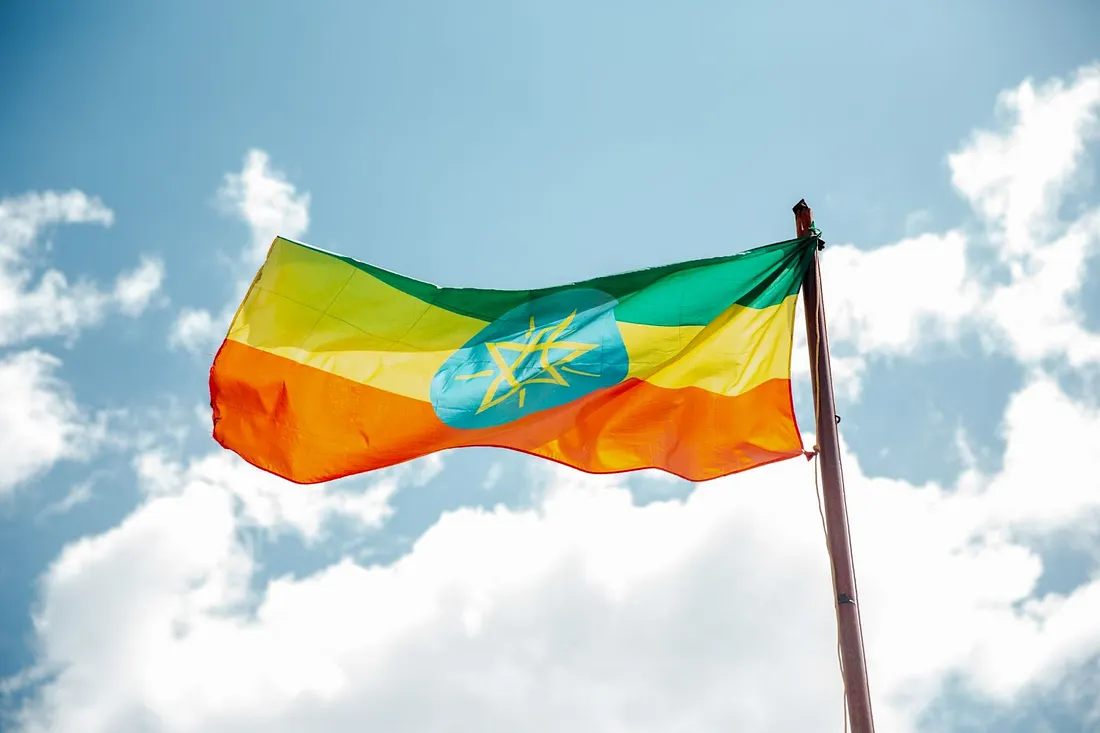
Education, Rights and Stability: Beyond Interrupting Violence
Peacebuilding theory distinguishes between negative peace (simply the absence of violence) and positive peace (addressing root causes such as inequality, exclusion, injustice). Education, especially rights-based and conflict-sensitive education, can help bridge that distinction. When schooling is fair, inclusive, and oriented toward human rights, it can reduce grievances and counter the social fractures that lead to violence. But if education reinforces divisions (through biased curricula, exclusion of certain groups, or unequal resources), it can exacerbate conflict. Thus, our project's use of children's rights as a foundation works toward structural transformation, not just short-term conflict control.
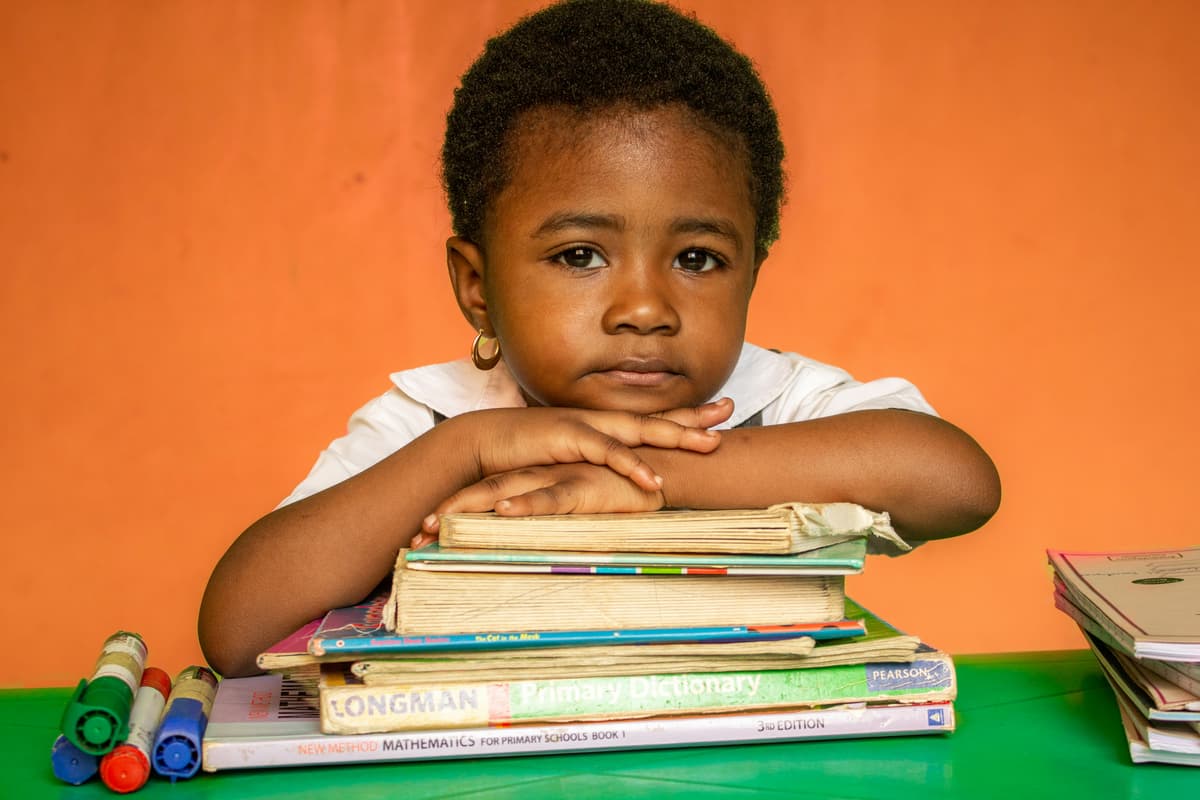
Leveraging Youth as Agents of Sustainable Peace
Current research shows that when young people are meaningfully included in decision-making, peace processes stand a stronger chance of lasting success. In particular, peace projects that place youth at the center (not merely as beneficiaries) tend to yield more resilient outcomes. A youth-centered peacebuilding approach emphasizes “power to, power with, and power within,” rather than imposing “power over,” supporting more equitable and inclusive structures. In other words: by training young participants to co-design and co-lead peace initiatives, you amplify local ownership and reduce dependency on external actors.
Building Resilience in Fragile Contexts
In conflict-affected settings, youth face multiple stressors: displacement, food insecurity, unstable institutions, climate change, gender inequities. Empirical work shows that resilience programs tying together social, psychological, and technical skills help youth navigate shocks without turning toward violence. By engaging youth in systems thinking, innovation, and problem-solving around climate, food systems, and equity, our project gives them tools to respond to crises. Turning vulnerability into agency.
The Power of STEM + Innovation in Peace Contexts
Emerging studies from post-conflict areas highlight that reinvesting in science and education can accelerate social recovery. In similar contexts, STEM-based educational interventions have boosted confidence, local problem-solving capacity, and youth employment. All critical leverage points in conflict reduction. When young people can harness technologies, data literacy, and design thinking, they become creators of solutions (not just recipients), potentially bridging divides across urban and rural, traditional and modern spheres.
Local Knowledge & Global Norms in Partnership
Successful peacebuilding hinges on combining locally grounded knowledge with global frameworks. International consensus (e.g. on youth, peace, and security) affirms youth's role in sustaining peace but the manner of engagement must be contextually adapted. Your model, led by Ethiopian heritage actors and integrating local universities and international research, strikes exactly this balance: global legitimacy plus rooted relevance.
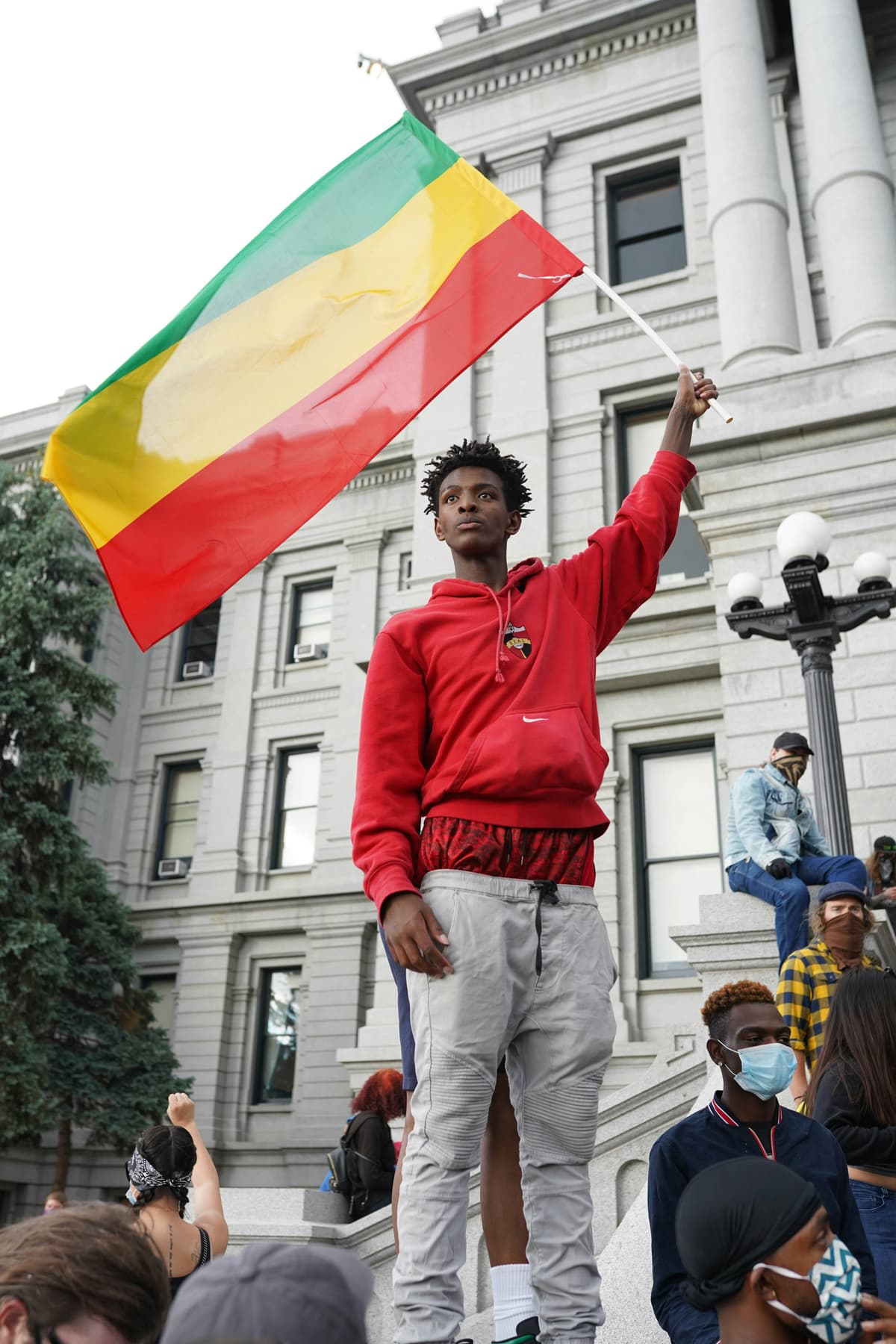
From Brief Intervention to Lasting Change
Projects often falter when momentum fades after funding ends. However, evaluations of youth peace initiatives supported by global peace funds show that when participants become multipliers. Teaching peers, embedding practices in schools, and maintaining community alliances. The ripple effects last far beyond the initial program cycle. By emphasizing peer education, institutional embedding, and community integration, our project aims to turn momentary workshops into enduring social transformation.
Empowering youth as active peacebuilders strengthens local ownership and makes peace processes more sustainable.
Rights-based education addresses root causes of conflict by promoting inclusion, justice, and equality.
Equipping young people with resilience, STEM, and problem-solving skills helps them confront crises constructively.
Combining local knowledge with global frameworks ensures short-term programs create long-lasting, community-driven change.
Investing in Youth Is Investing in Lasting Peace
Lasting peace cannot be built by political agreements alone. It requires equipping young people with the skills and opportunities to shape their own futures. By engaging Ethiopian youth directly in leadership, advocacy, and scientific innovation, Peace Lab Ethiopia empowers them to become active agents of change rather than passive observers of conflict. Every hour invested in these young leaders multiplies into years of community impact, as they take their skills back into schools, families, and neighborhoods. Supporting this initiative means helping to break cycles of exclusion and replacing them with cycles of empowerment and hope.
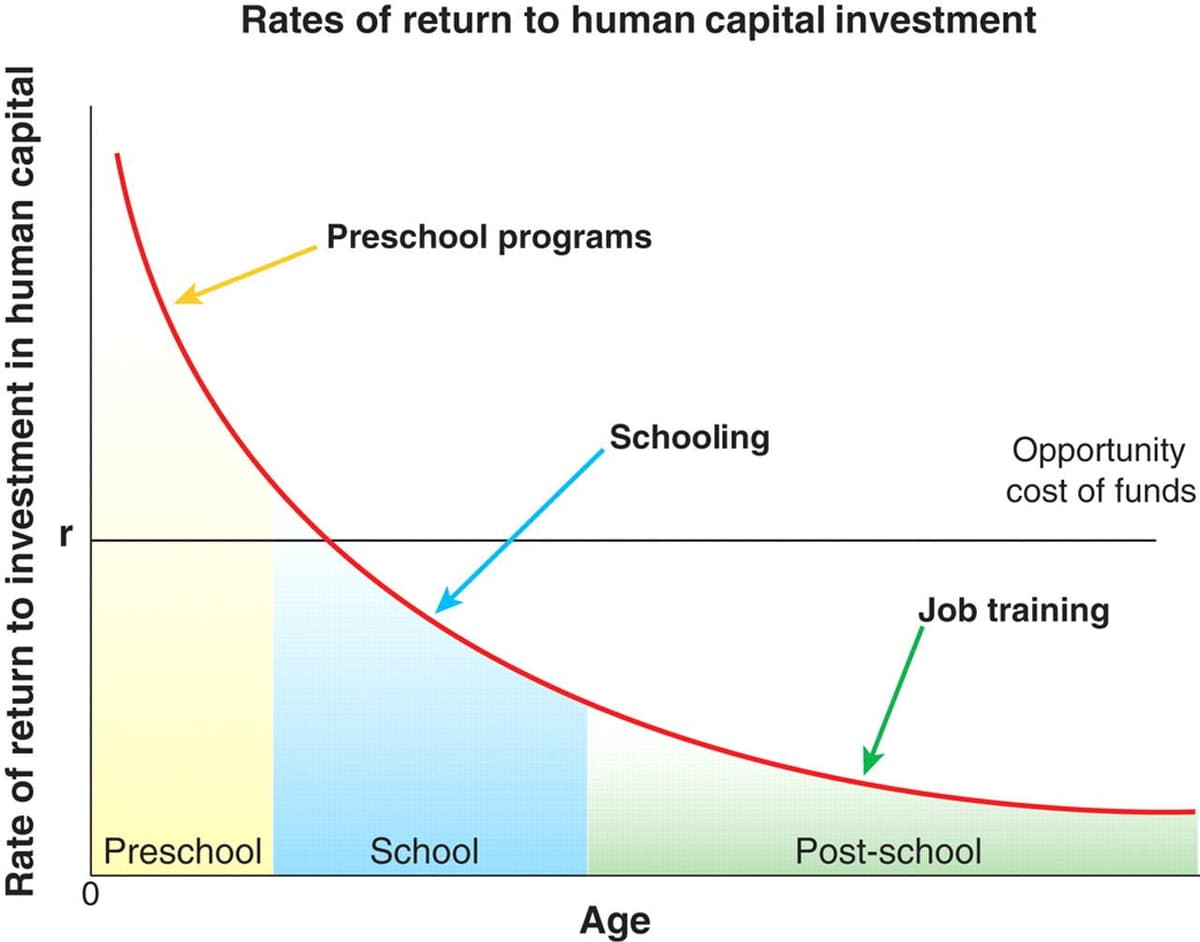
Children's Rights as a Path to Justice and Stability
Peace is not simply the absence of war, but the presence of fairness, dignity, and opportunity. By grounding the project in the United Nations Convention on the Rights of the Child, we ensure that the fight for peace is inseparable from the fight for human rights. Teaching youth to understand and advocate for these rights builds a foundation of justice that strengthens social cohesion and reduces the inequalities that fuel conflict. Supporting Peace Lab Ethiopia means joining a movement that transforms human rights from abstract ideals into daily practices that stabilize and unite communities.
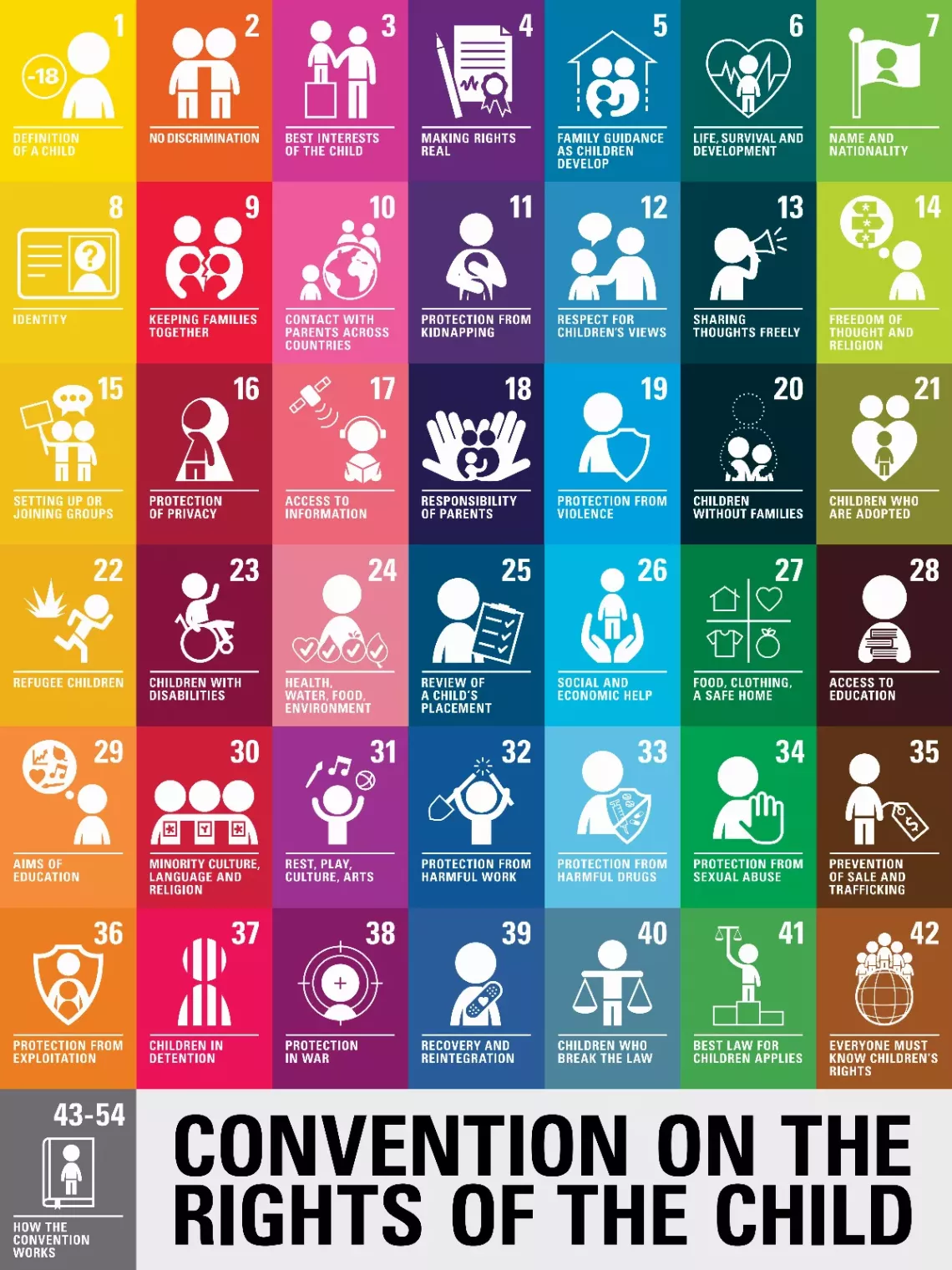
Innovation and Global Solidarity for a Peaceful Future
In a rapidly changing world, resilience comes from creativity and collaboration. Peace Lab Ethiopia combines STEM skills, digital literacy, and systems thinking with peacebuilding, offering youth the tools to design solutions to challenges like climate change, food insecurity, and social division. At the same time, the project connects local knowledge with global networks, ensuring that young people are not isolated but empowered as part of a broader movement for justice and peace. By joining this cause, you contribute to a vision of Ethiopia and the world, where the next generation is not trapped by crisis but equipped to build a more peaceful and inclusive future.

Join our Team and become a facilitator for change.
We strive to build on what we started and create a yearly Peace Lab, with new hosts, new students, fresh minds and a greate time.